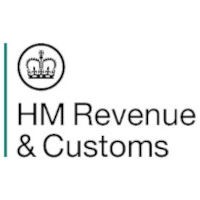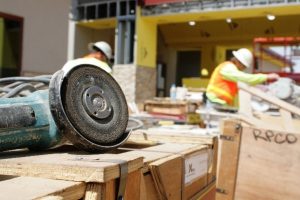
In June 2020, HMRC announced a delay to the introduction of the new rules for the VAT domestic reverse charge for building and construction services. The new rules will instead come into effect on 1 March 2021. This is to help construction businesses overcome the effects that COVID-19 has had on them and to allow for more time to prepare.
This could affect you and the way you need to account for VAT. The new rules apply to VAT registered businesses supplying certain services in the construction sector and they will change the way VAT is accounted for in specific circumstances. A list of services affected by the domestic reverse charge can be found within the guidance, available online at GOV.UK
Who does it apply to?

The reverse charge applies to standard and reduced rated supplies of construction services made to VAT registered businesses, who in turn also make onward supplies of those services. These are supplies which also need to be reported under the Construction Industry Scheme (CIS). The reverse charge does not apply to supplies made to an end user of construction services. Intermediary suppliers can call themselves end users. Supplies made to end users and intermediary suppliers can be subject to the normal VAT accounting rules, but they must provide written notification of this to their supplier. End users are businesses that are VAT and CIS registered that do not make supplies of construction services themselves. Intermediary suppliers only make supplies of construction services to associated end user businesses, or end users who share an interest in the land subject the works.
How it works
Under the new reverse charge rules, the contractor accounts for and pays the VAT to HMRC. The subcontractor who supplies the service issues an invoice to the contractor which clearly states that the VAT is due under the reverse charge. The sub-contractor receives the net payment from the contractor, without the VAT. The contractor will pay the VAT to HMRC and can recover the VAT, subject to the normal rules for VAT recovery.
What do I need to do?

Sub-contractors need to contact their contractors to check they are VAT and CIS registered and not an end user or intermediary supplier. Evidence of these checks should be kept for inspection by HMRC. Contractors need to be able to identify whether the reverse charge will apply to the construction services they purchase in order to correctly inform sub-contractors that the reverse charge applies, or that they are end users or intermediary suppliers. Affected business need to make sure that their accounting systems and software are updated and can deal with the reverse charge. Staff with responsibility for VAT accounting need to understand the reverse charge and how to operate it.
Other issues
As with any major accounting changes, businesses also need to consider how the changes will affect cash flow. Affected businesses will find that the new way of accounting for VAT will reduce the amount of cash flowing into the business as they no longer have to account for VAT. Some businesses may still incur VAT on their purchases whilst no longer collecting VAT on their sales. This may result in a business being owed a repayment of VAT when the VAT return is filed. If you are likely to receive VAT repayments, you can apply to move from quarterly to monthly returns to accelerate payments due from HMRC. Applications for monthly VAT returns can be made via the VAT online portal.
Further support
You may wish to speak to your agent or accountant about the new rules. HMRC guidance on the new rules is available online. The HMRC VAT Helpline is also available. In the coming months, a series of webinars concerning the reverse charge will be taking place. Check online at GOV.UK for availability.
